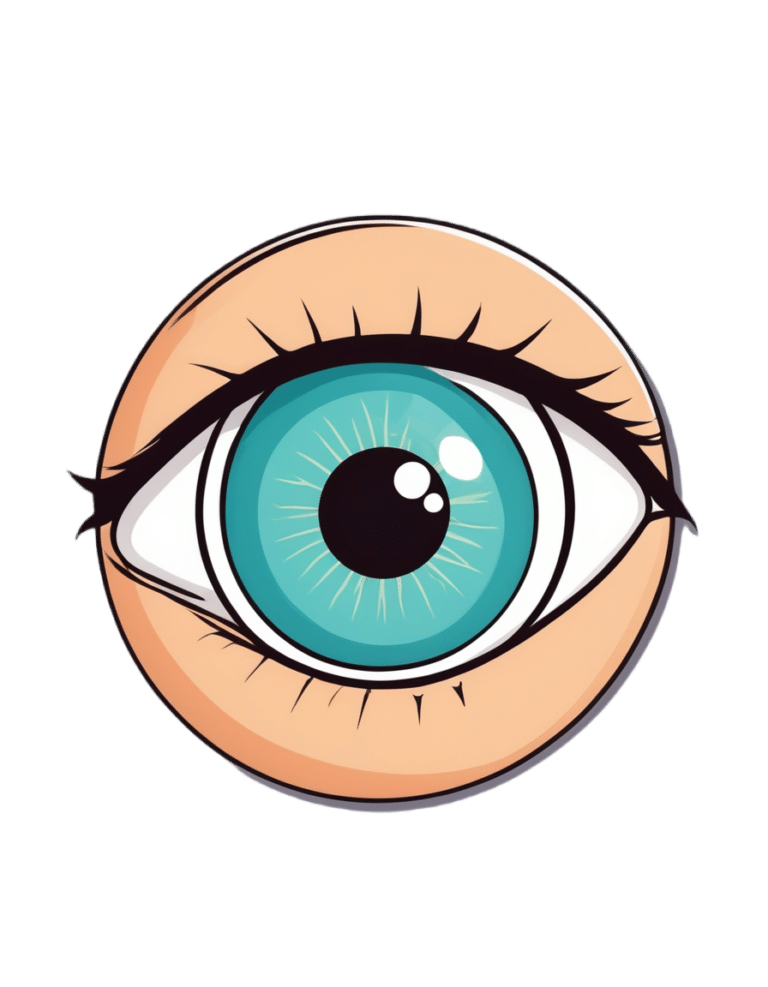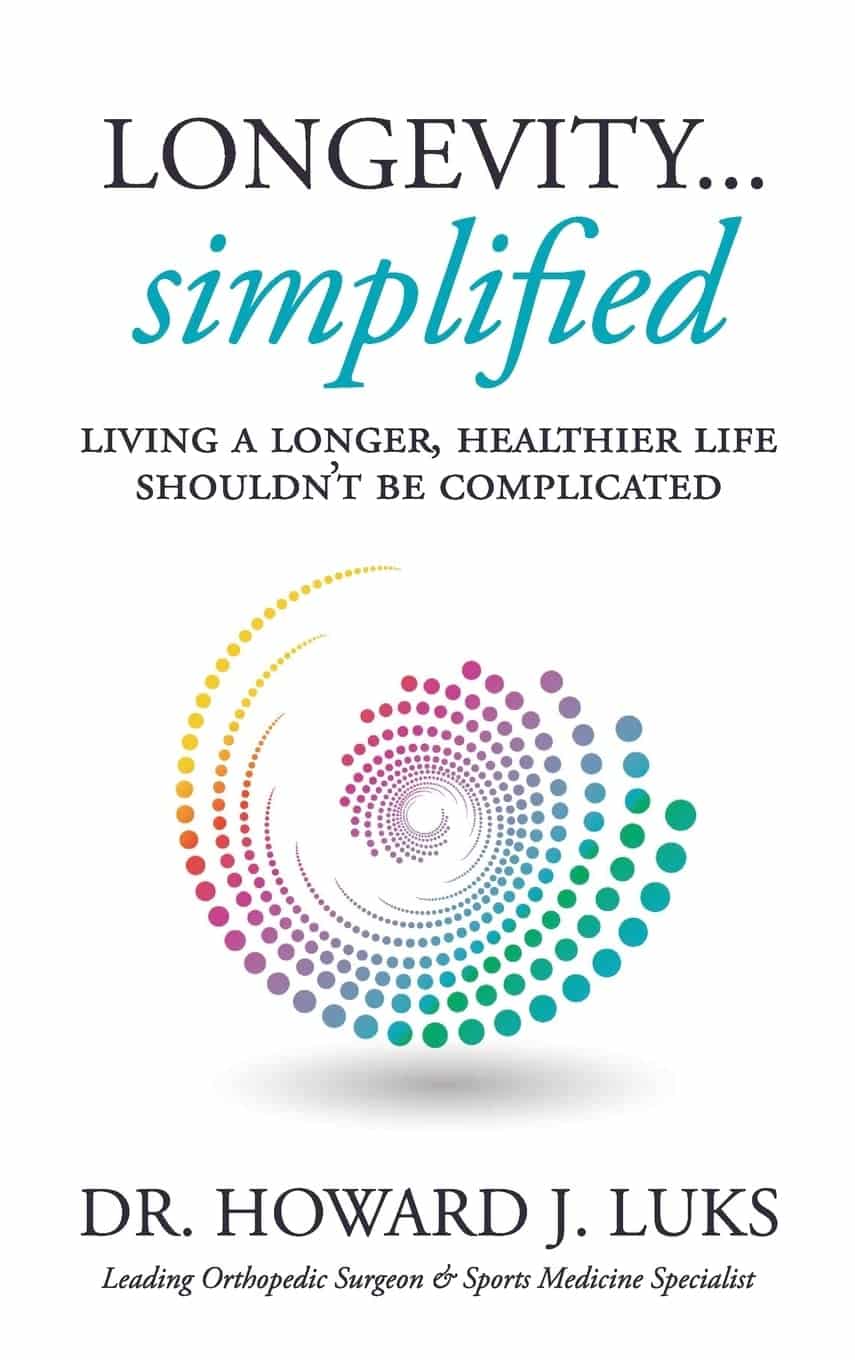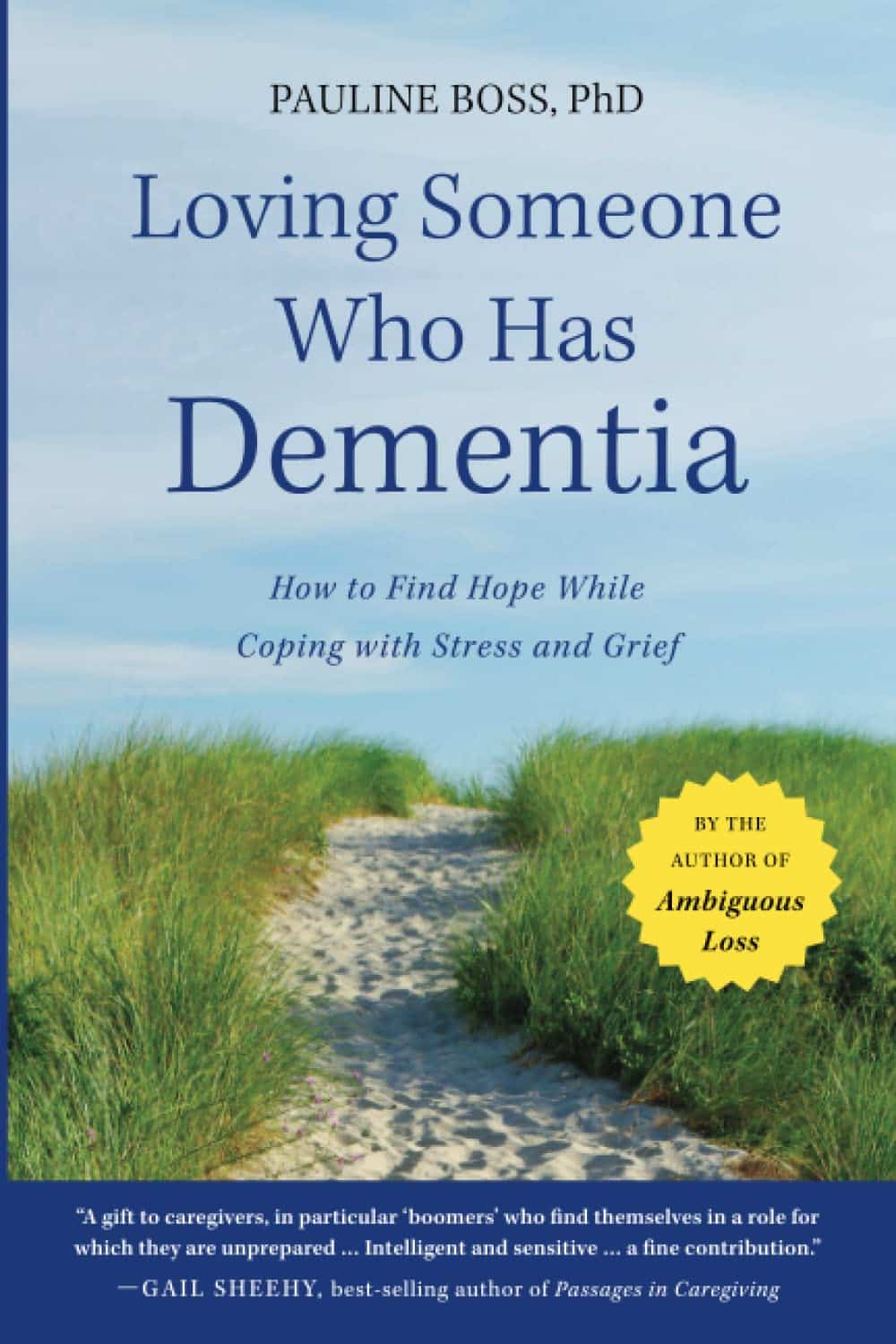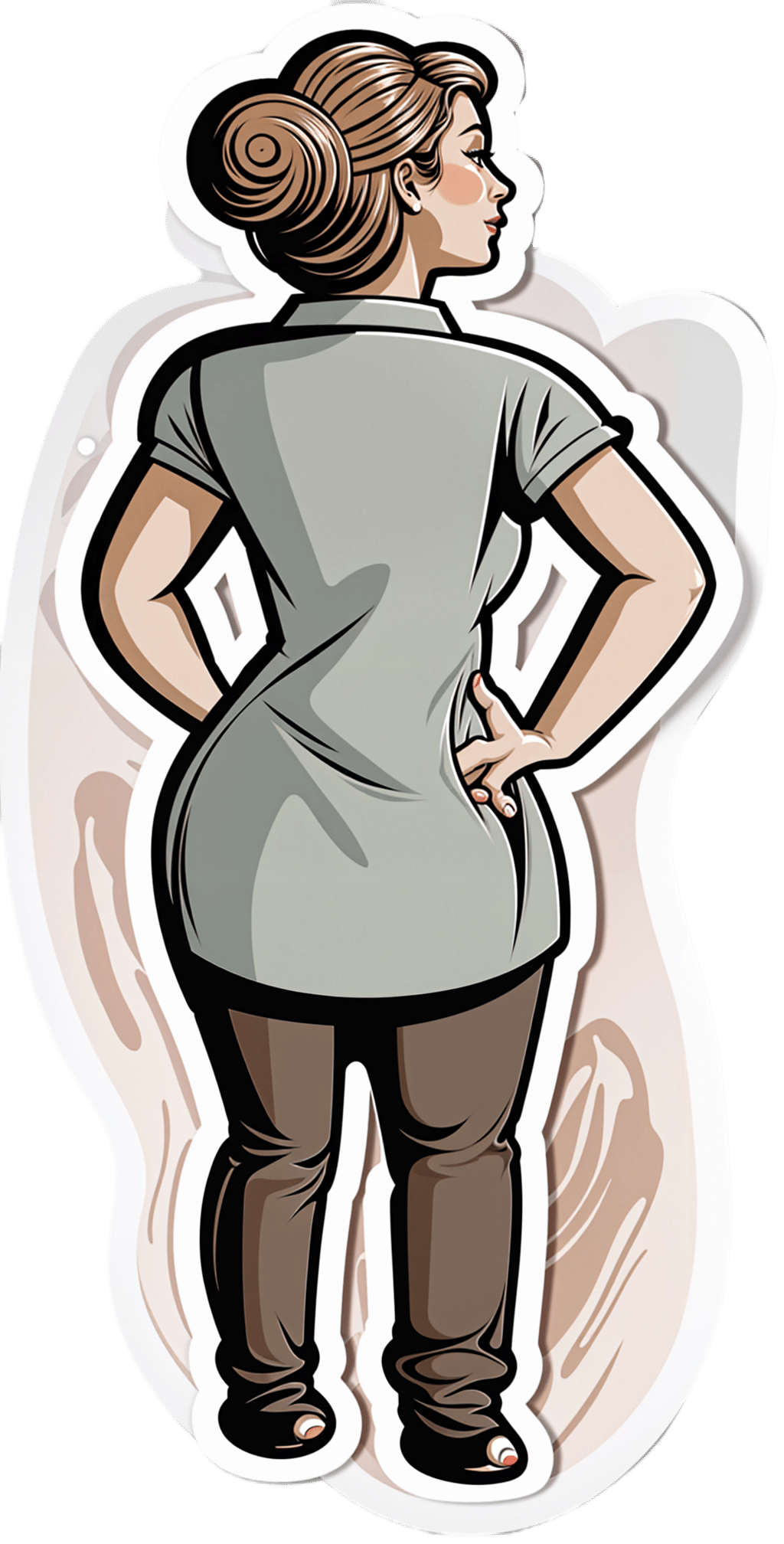
Heart Health Calculator Entry Issue
10almonds is reader-supported. We may, at no cost to you, receive a portion of sales if you purchase a product through a link in this article.
It’s Q&A Day at 10almonds!
Have a question or a request? You can always hit “reply” to any of our emails, or use the feedback widget at the bottom!
In cases where we’ve already covered something, we might link to what we wrote before, but will always be happy to revisit any of our topics again in the future too—there’s always more to say!
As ever: if the question/request can be answered briefly, we’ll do it here in our Q&A Thursday edition. If not, we’ll make a main feature of it shortly afterwards!
So, no question/request too big or small
❝I tried to use your calculator for heart health, and was unable to enter in my height or weight. Is there another way to calculate? Why will that field not populate?❞
(this is in reference to yesterday’s main feature “How Are You, Really? And How Old Is Your Heart?“)
How strange! We tested it in several desktop browsers and several mobile browsers, and were unable to find any version that didn’t work. That includes switching between metric and imperial units, per preference; both appear to work fine. Do be aware that it’ll only take numerical imput, though.
Don’t Forget…
Did you arrive here from our newsletter? Don’t forget to return to the email to continue learning!
Recommended
Learn to Age Gracefully
Join the 98k+ American women taking control of their health & aging with our 100% free (and fun!) daily emails:
-
Alzheimer’s: The Bad News And The Good
10almonds is reader-supported. We may, at no cost to you, receive a portion of sales if you purchase a product through a link in this article.
Dr. Devi’s Spectrum of Hope
This is Dr. Gayatri Devi. She’s a neurologist, board-certified in neurology, pain medicine, psychiatry, brain injury medicine, and behavioral neurology.
She’s also a Clinical Professor of Neurology, and Director of Long Island Alzheimer’s Disease Center, Fellow of the American Academy of Neurology, and we could continue all day with her qualifications, awards and achievements but then we’d run out of space. Suffice it to say, she knows her stuff.
Especially when it comes to the optimal treatment of stroke, cognitive loss, and pain.
In her own words:
❝Helping folks live their best lives—by diagnosing and managing complex neurologic disorders—that’s my job. Few things are more fulfilling! For nearly thirty years, my focus has been on brain health, concussions, Alzheimer’s and other dementias, menopause related memory loss, and pain.❞
Alzheimer’s is more common than you might think
According to Dr. Devi,
❝97% of patients with mild Alzheimer’s disease don’t even get diagnosed in their internist offices, and half of patients with moderate Alzheimer’s don’t get diagnosed.
What that means is that the percentage of people that we think about when we think about Alzheimer’s—the people in the nursing home—that’s a very, very small fraction of the entirety of the people who have the condition❞
As for what she would consider the real figures, she puts it nearer 1 in 10 adults aged 65 and older.
Source: Neurologist dispels myths about Alzheimer’s disease
Her most critical advice? Reallocate your worry.
A lot of people understandably worry about a genetic predisposition to Alzheimer’s, especially if an older relative died that way.
See also: Alzheimer’s, Genes, & You
However, Dr. Devi points out that under 5% of Alzheimer’s cases are from genetics, and the majority of Alzheimer’s cases can be prevented be lifestyle interventions.
See also: Reduce Your Alzheimer’s Risk
Lastly, she wants us to skip the stigma
Outside of her clinical practice and academic work, this is one of the biggest things she works on, reducing the stigma attached to Alzheimer’s both publicly and professionally:
Alzheimer’s Disease in Physicians: Assessing Professional Competence and Tempering Stigma
Want more from Dr. Devi?
You might enjoy this interview:
Click Here If The Embedded Video Doesn’t Load Automatically!
And here’s her book:
Enjoy!
Share This Post
-
Longevity… Simplified – by Dr. Howard Luks
10almonds is reader-supported. We may, at no cost to you, receive a portion of sales if you purchase a product through a link in this article.
In the spirit of the book itself, we’ll keep this one simple:
The information in this book will not be new to regular readers of 10almonds, or at least, not if you’ve been with us for a while (because we can only cover so much per day, so long-time readers will have accumulated more knowledge).
On the other hand, the information is clear, correct, and very much stripped down to the most important basics. Not the very simplest basics, which would be an oversimplification to the point of inutility, but the most important basics.
To take an example, when it comes to exercise, he doesn’t say “exercise more” but rather that “a complete exercise program has four pillars: aerobic training, resistance training, balance training, and high-intensity interval training (HIIT)”, and then he goes about explaining, in clear and simple terms, how to do those.
The style is similar when it comes to diet, sleep, and body-part-specific chapters such as about heart health, brain health, and so forth.
Bottom line: if you’re a long-time 10almonds reader, you probably don’t need this one, but it’d be a great book for someone else who has expressed an interest in getting healthier, as it really is a top-tier “primer” in increasing health and healthspan.
Click here to check out Longevity… Simplified, and enjoy simplified longevity!
Share This Post
-
All In Your Head (Which Is Where It’s Supposed To Be)
10almonds is reader-supported. We may, at no cost to you, receive a portion of sales if you purchase a product through a link in this article.
Today’s news is all about things above the neck, and mostly in the brain. From beating depression to beating cognitive decline, from mindfulness against pain to dentistry nightmares to avoid:
Transcranial ultrasound stimulation
Transcranial magnetic stimulation is one of those treatments that sounds like it’s out of a 1950s sci-fi novel, and yet, it actually works (it’s very well-evidenced against treatment-resistant depression, amongst other things). However, a weakness of it is that it’s difficult to target precisely, making modulation of most neurological disorders impossible. Using ultrasound instead of a magnetic field allows for much more finesse, with very promising initial results across a range of neurological disorders
Read in full: Transcranial ultrasound stimulation: a new frontier in non-invasive brain therapy
Related: Antidepressants: Personalization Is Key!
This may cause more pain and damage, but at least it’s more expensive too…
While socialized healthcare systems sometimes run into the problem of not wanting to spend money where it actually is needed, private healthcare systems have the opposite problem: there’s a profit incentive to upsell to more expensive treatments. Here’s how that’s played out in dentistry:
Read in full: Dentists are pulling healthy and treatable teeth to profit from implants, experts warn
Related: Tooth Remineralization: How To Heal Your Teeth Naturally
Mindfulness vs placebo, for pain
It can be difficult with some “alternative therapies” to test against placebo, for example “and control group B will merely believe that they are being pierced with needles”, etc. However, in this case, mindfulness meditation was tested as an analgesic vs sham meditation (just deep breathing) and also vs placebo analgesic cream, vs distraction (listening to an audiobook). Mindfulness meditation beat all of the other things:
Read in full: Mindfulness meditation outperforms placebo in reducing pain
Related: No-Frills, Evidence-Based Mindfulness
Getting personal with AI doctors
One of the common reasons that people reject AI doctors is the “lack of a human touch”. However, human and AI doctors may be meeting in the middle nowadays, as humans are pressed to see more patients in less time, and AI is trained to be more personal—not just a friendlier affect, but also, such things as remembering the patient’s previous encounters (again, something with which overworked human doctors sometimes struggle). This makes a big difference to patient satisfaction:
Read in full: Personalization key to patient satisfaction with AI doctors
Related: AI: The Doctor That Never Tires?
Combination brain therapy against cognitive decline
This study found that out of various combinations trialled, the best intervention against cognitive decline was a combination of 1) cognitive remediation (therapeutic interventions designed to improve cognitive functioning, like puzzles and logic problems), and 2) transcranial direct current stimulation (tDCS), a form of non-invasive direct brain stimulation, similar to the magnetic or ultrasound methods we mentioned earlier today. Here’s how it worked:
Read in full: Study reveals effective combination therapy to slow cognitive decline in older adults
Related: How To Reduce Your Alzheimer’s Risk
Take care!
Share This Post
Related Posts
-
Loving Someone Who Has Dementia – by Dr. Pauline Boss
10almonds is reader-supported. We may, at no cost to you, receive a portion of sales if you purchase a product through a link in this article.
We previously reviewed Dr. Boss’s excellent book “Loss, Trauma, and Resilience: Therapeutic Work With Ambiguous Loss”, which partially overlaps in ideas with this one. In that case, it was about grief when a loved one is “gone, but are they really?”, which can include missing persons, people killed in ways that weren’t 100% confirmed (e.g. no body to bury), and in contrast, people who are present in body but not entirely present mentally: perhaps in a coma, for example. It also includes people are for other reasons not entirely present in the way they used to be, which includes dementia. And that latter case is what this book focuses on.
In the case of dementia, we cannot, of course, simply focus on ourselves. Well, not if we care about the person with dementia, anyway. Much like with the other kinds of ambiguous loss, we cannot fully come to terms with things while on the cusp of presence and absence, and we cannot, as such, “give up” on our loved one.
What then, of hope? The author makes the case for—in absence of any kind of closure—making our peace with the situation as it is, making our peace with the uncertainty of things. And that means not only “at any moment could come a more clearly complete loss”, but also on the flipside at least a faint candle of hope, that we should not grasp with both hands (that is not how to treat a candle, literally or metaphorically), but rather, hold gently, and enjoy its gentle light.
Dr. Boss also covers more practical considerations; family rituals, celebrations, gatherings, and the idea of “the good-enough relationship”. Particularly helpfully, she gives her “seven guidelines for the journey”, which even if one decides against adopting them all, are definitely all good things to at least have considered.
The style is much more tailored to the lay reader than the other book of hers that we reviewed, which was intended more for clinicians, but useful also for those of us who have been hit by such kinds of grief. In this case, however, her intention is first and foremost for the family of a person who has dementia—there are still footnotes throughout though, for those who still want to read scientific papers that support the various ideas discussed in the book.
Bottom line: if a loved one has dementia or that seems a likely possibility for you, this book can help a lot!
Don’t Forget…
Did you arrive here from our newsletter? Don’t forget to return to the email to continue learning!
Learn to Age Gracefully
Join the 98k+ American women taking control of their health & aging with our 100% free (and fun!) daily emails:
-
Surgery won’t fix my chronic back pain, so what will?
10almonds is reader-supported. We may, at no cost to you, receive a portion of sales if you purchase a product through a link in this article.
This week’s ABC Four Corners episode Pain Factory highlighted that our health system is failing Australians with chronic pain. Patients are receiving costly, ineffective and risky care instead of effective, low-risk treatments for chronic pain.
The challenge is considering how we might reimagine health-care delivery so the effective and safe treatments for chronic pain are available to millions of Australians who suffer from chronic pain.
One in five Australians aged 45 and over have chronic pain (pain lasting three or more months). This costs an estimated A$139 billion a year, including $12 billion in direct health-care costs.
The most common complaint among people with chronic pain is low back pain. So what treatments do – and don’t – work?
Opioids and invasive procedures
Treatments offered to people with chronic pain include strong pain medicines such as opioids and invasive procedures such as spinal cord stimulators or spinal fusion surgery. Unfortunately, these treatments have little if any benefit and are associated with a risk of significant harm.
Spinal fusion surgery and spinal cord stimulators are also extremely costly procedures, costing tens of thousands of dollars each to the health system as well as incurring costs to the individual.
Addressing the contributors to pain
Recommendations from the latest Australian and World Health Organization clinical guidelines for low back pain focus on alternatives to drug and surgical treatments such as:
- education
- advice
- structured exercise programs
- physical, psychological or multidisciplinary interventions that address the physical or psychological contributors to ongoing pain.
Pain education is central. Monkey Business Images/Shutterstock Two recent Australian trials support these recommendations and have found that interventions that address each person’s physical and psychological contributors to pain produce large and sustained improvements in pain and function in people with chronic low back pain.
The interventions have minimal side effects and are cost-effective.
In the RESOLVE trial, the intervention consists of pain education and graded sensory and movement “retraining” aimed to help people understand that it’s safe to move.
In the RESTORE trial, the intervention (cognitive functional therapy) involves assisting the person to understand the range of physical and psychological contributing factors related to their condition. It guides patients to relearn how to move and to build confidence in their back, without over-protecting it.
Why isn’t everyone with chronic pain getting this care?
While these trials provide new hope for people with chronic low back pain, and effective alternatives to spinal surgery and opioids, a barrier for implementation is the out-of-pocket costs. The interventions take up to 12 sessions, lasting up to 26 weeks. One physiotherapy session can cost $90–$150.
In contrast, Medicare provides rebates for just five allied health visits (such as physiotherapists or exercise physiologists) for eligible patients per year, to be used for all chronic conditions.
Private health insurers also limit access to reimbursement for these services by typically only covering a proportion of the cost and providing a cap on annual benefits. So even those with private health insurance would usually have substantial out-of-pocket costs.
Access to trained clinicians is another barrier. This problem is particularly evident in regional and rural Australia, where access to allied health services, pain specialists and multidisciplinary pain clinics is limited.
Higher costs and lack of access are associated with the increased use of available and subsidised treatments, such as pain medicines, even if they are ineffective and harmful. The rate of opioid use, for example, is higher in regional Australia and in areas of socioeconomic disadvantage than metropolitan centres and affluent areas.
So what can we do about it?
We need to reform Australia’s health system, private and public, to improve access to effective treatments for chronic pain, while removing access to ineffective, costly and high-risk treatments.
Better training of the clinical workforce, and using technology such as telehealth and artificial intelligence to train clinicians or deliver treatment may also improve access to effective treatments. A recent Australian trial, for example, found telehealth delivered via video conferencing was as effective as in-person physiotherapy consultations for improving pain and function in people with chronic knee pain.
Advocacy and improving the public’s understanding of effective treatments for chronic pain may also be helpful. Our hope is that coordinated efforts will promote the uptake of effective treatments and improve the care of patients with chronic pain.
Christine Lin, Professor, University of Sydney; Christopher Maher, Professor, Sydney School of Public Health, University of Sydney; Fiona Blyth, Professor, University of Sydney; James Mcauley, Professor of Psychology, UNSW Sydney, and Mark Hancock, Professor of Physiotherapy, Macquarie University
This article is republished from The Conversation under a Creative Commons license. Read the original article.
Don’t Forget…
Did you arrive here from our newsletter? Don’t forget to return to the email to continue learning!
Learn to Age Gracefully
Join the 98k+ American women taking control of their health & aging with our 100% free (and fun!) daily emails:
-
The Path to Longevity – by Dr. Luigi Fontana
10almonds is reader-supported. We may, at no cost to you, receive a portion of sales if you purchase a product through a link in this article.
We’ve reviewed other “expand your healthspan” books, and while they’re good (or else we wouldn’t include them), this is top-tier, up there with Dr. Greger’s books while being more accessible (more on this later).
This book is far more informational than opinionated, and while some reviewers have described the book as motivating them, that’s not at all the tone, and it’s clear that (beyond hoping for the reader to have to information to promote a long healthy life), the author has no particular agenda to push.
One example: while he gives a whole-foods, plant-based diet a “A+” rating, he puts the (often meat/fish-heavy) paleo diet at a close “A-“, depending on the animal products chosen (which can swing it a lot, and he discusses this in some detail).
In the category of criticism… This reviewer has none. Sometimes it seemed something was going unaddressed, but it would be addressed later.
Stylistically, the text is easy-reading and/but has a lot of references to hard science, complete with charts, diagrams, and so forth. The impression that this reviewer got is that Dr. Fontana took pains to convey as much science as possible, with (unlike Dr. Greger) as little jargon as possible. And that goes a long way.
Bottom line: if you’re looking for a “healthy aging” book that has a lot more science than “copy the Blue Zone supercentenarians and hope” without being so scientifically dense as “How Not To Die” or “How Not To Age“, then this is the book for you.
Click here to check out The Path to Longevity, and optimize the path you take!
Don’t Forget…
Did you arrive here from our newsletter? Don’t forget to return to the email to continue learning!
Learn to Age Gracefully
Join the 98k+ American women taking control of their health & aging with our 100% free (and fun!) daily emails:









